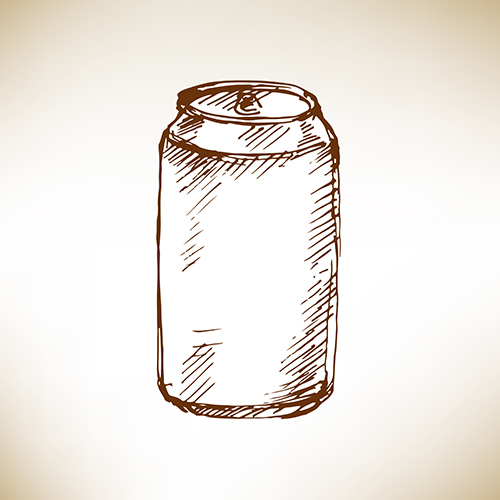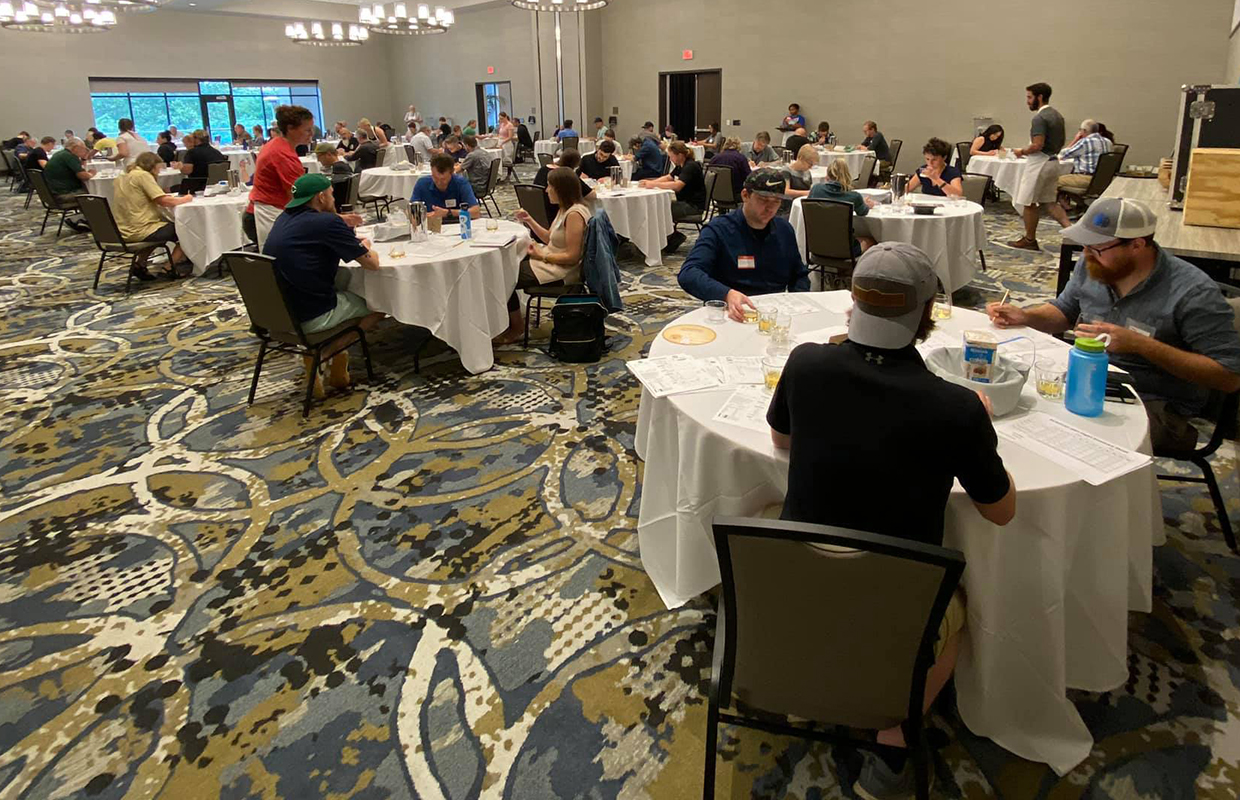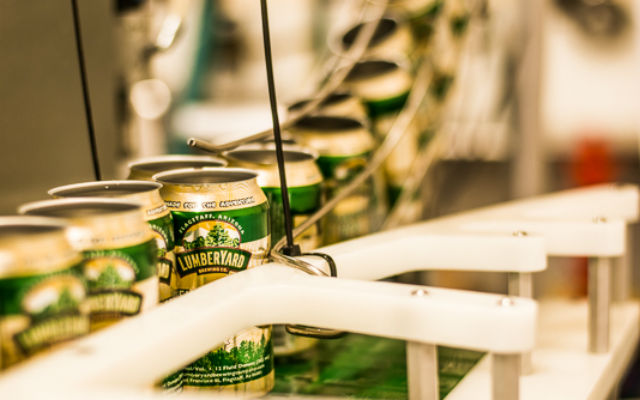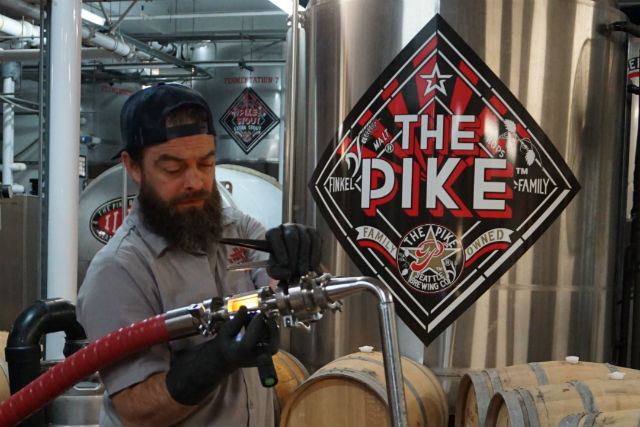
Brewery startups state daily that want to purchase a packaging system but don’t quite know if cans are the way to go, or “how much machine” they are going to need. Taking a look at the experiences of two high-profile startups — Lucky Town Brewing in Mississippi and Bissell Brothers Brewing Co. out of Maine — sheds light on what canning has done to support their business growth.
The founders of Lucky Town Brewing — Jackson’s first brewery since Prohibition — saw an opportunity to be a craft beer leader after lawmakers raised the allowable ABV three years ago. It began by distributing its popular brews in kegs through retail and in bar taps for the past two years, but Lucky Town’s true ambition has been to become a major Southeast regional brewery. To meet that growth target, Lucky Town realized it needed to expand its packaging options for its 20-barrel brewhouse, and so chose canning with WGC 100 dual head filler, semi-automatic system. The system gives Lucky Town the volume it needs to create and expand its distribution to big-box, convenience and private retail stores, while entering the field at a price point it can reasonably afford.
As a packaging decision, canning was chosen over bottling because Lucky Town understood its customer. “For us here in Mississippi,” explained Chip Jones, the co-founder of Lucky Town Brewing, “the warm weather lends itself to a lot of outdoor activities, events and festivals; golfing, poolside, camping, fishing, beaches, ballparks. If you want to take beer to most of those places, it has to be in cans.
“Even more importantly, the can is better for the beer. We want to ensure that the beer our customers experience is as close as possible to our initial intent, and cans are the most viable option available to us.”
Until December, Lucky Town beer was sold solely in kegs. However, the brewer anticipates roughly 70 percent of all its beer sold will eventually be packaged in cans, representing a significant portion of its sales. In 2014 canning yielded approximately $150,000 in sales, and projections for 2015 are in the half million-dollar range. “Canning,” noted Jones, “will increase our sales by 250 percent almost immediately.”
Increasing sales capacity is what Portland-based Bissell Brothers Brewing Company is looking for as it upgrades from an entry-level manual system to the WGC 100. Although Bissell opened its doors just over a year ago as a 10-barrel brewhouse, due in large part to its wildly successful “The Substance” brew, it has already increased its brite tank capacity twice. On an average Saturday afternoon, people start lining up at Bissell Brothers 30 minutes before the taproom opens its doors for on-premises sales, because the cans generally sell out within one hour.
“When we were in the planning stages before we even opened, we were scheming ways to move the cans once we had them, like it was going to be a problem. It was just a genuine shock to watch such quantities of our beer move so fast,” mused Noah Bissell, the co-founder and head brewer.
Now that Bissell has done everything to increase production, the bottleneck to throughput is at the final point: the canning process. Bissell has been using an entry-level manual canning system to produce roughly eight to ten 16-ounce cans per minute — or roughly 20-25 cases per hour. At $27,000, the WGC 50 manual system has an attractive price for new brewers that want to mitigate their capital investment costs when starting out, but most soon learn that success swiftly creates the need for a faster system to can their “liquid gold.”
“We knew we had to make the jump to keep up with customer demand,” reasoned Bissell. “And moving to the WGC 100 — at up to 28 to 30 (16 ounce) cans a minute — pretty much triples our output. We’re confident our return on the investment will be a quick one, especially since the modularity of the Goose line allows us to realize some credit towards our upgrade purchase.”
As both Lucky Town and Bissell Brothers have learned, choosing canning systems that have the modularity to grow with your business pays off.
Michelle Dyson, the marketing manager for Wild Goose Canning Systems, has been articulating company stories for 20 years. She can be reached at [email protected]




2 Trackbacks / Pingbacks